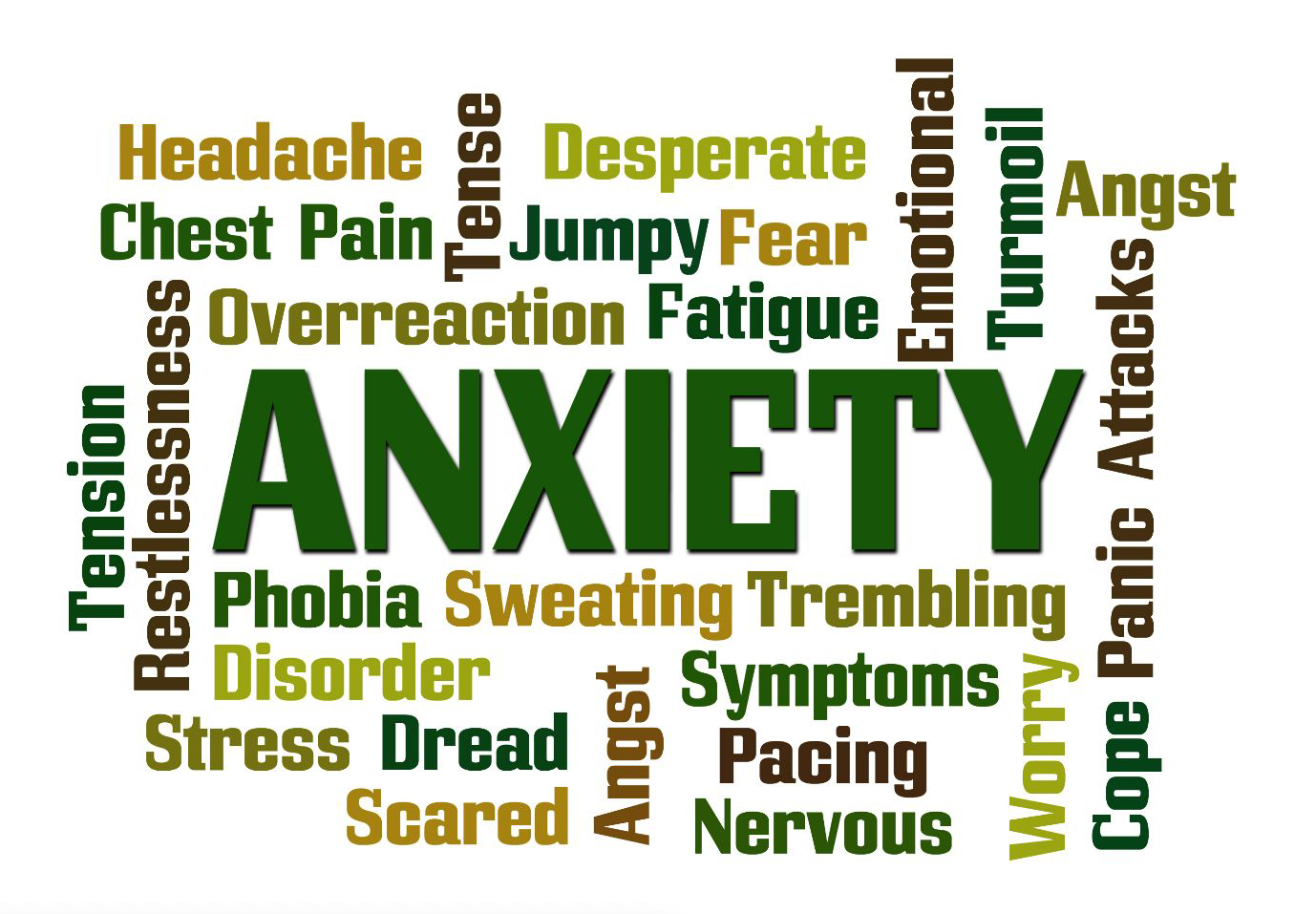Anxiety is like an uninvited guest that overstays its welcome, filling your mind with worry and restlessness. It can make even the simplest moments feel overwhelming, leaving you exhausted and disconnected. But what if you could gently quiet that inner storm and reclaim a deep sense of peace?
At Dharma College, we believe true calmness comes from within, through a deep understanding of how we make the world we live in how we learn to navigate life’s uncertainties.
By the end of this article, you’ll have actionable strategies to reduce anxiety and cultivate a more balanced, peaceful state of mind. And if you’re ready to go deeper, our transformative courses can help you master these techniques in a structured and supportive way: 👉 Explore Our Courses.
At Dharma College, we believe true calmness comes from within, through a deep understanding of how we make the world we live in how we learn to navigate life’s uncertainties.
By the end of this article, you’ll have actionable strategies to reduce anxiety and cultivate a more balanced, peaceful state of mind. And if you’re ready to go deeper, our transformative courses can help you master these techniques in a structured and supportive way: 👉 Explore Our Courses.
Understanding Anxiety: Why Does It Happen?
Anxiety is a natural response to stress it’s your brain’s
way of protecting you from perceived danger. What is not so obvious is where
that voice of anxiety comes from. At Dharma College we are deeply interested in
this key aspect of our being. If it is not understood, this protective instinct
can become overactive, leading to chronic worry and emotional exhaustion.
Common Causes of Anxiety:
Common Causes of Anxiety:
- Uncertainty about the future – Fear of the unknown can trigger excessive worrying.
- Overthinking and self-doubt – Negative thought loops create unnecessary stress.
- Lifestyle choices – Poor sleep, lack of movement, and overstimulation (e.g., social media, news) can heighten anxiety.
- Dietary influences – High caffeine and sugar intake can exacerbate anxiety symptoms.
The good news? Anxiety is not a permanent state. By cultivating awareness of our own mantel processes and learning practical techniques, we can shift from fear to inner strength.
How Anxiety Feels: Are You Experiencing These Symptoms?
Anxiety is more than just feeling stressed it’s a full body experience that affects your mind, emotions, and even physical health.
Signs You May Be Struggling with Anxiety:
Signs You May Be Struggling with Anxiety:
- A restless mind that won’t stop racing.
- Tightness in your chest or difficulty breathing.
- Constantly feeling on edge, as if something bad is about to happen.
- Trouble concentrating or making decisions.
- Difficulty sleeping due to overthinking.
These sensations can be overwhelming, but there are proven ways to calm your nervous system and regain control.
How to Instantly Reduce Anxiety
1. Use the 5-4-3-2-1 Grounding Technique
When anxiety strikes, bring yourself back to the present moment with this simple exercise:
When anxiety strikes, bring yourself back to the present moment with this simple exercise:
- 5 things you can see
- 4 things you can touch
- 3 things you can hear
- 2 things you can smell
- 1 thing you can taste
This technique helps shift your focus away from anxious thoughts and back into your body.
2. Breathe Deeply & Intentionally
Try the 4-7-8 breathing method:
🟢 Inhale through your nose for 4 seconds.
🟢 Hold your breath for 7 seconds.
🟢 Exhale slowly through your mouth for 8 seconds.
🟢 Inhale through your nose for 4 seconds.
🟢 Hold your breath for 7 seconds.
🟢 Exhale slowly through your mouth for 8 seconds.
This signals to your nervous system that you are safe, reducing the fight-or-flight response.
3. Shift Your Mindset with Mindfulness
Instead of resisting anxiety, observe it. Ask yourself:
Instead of resisting anxiety, observe it. Ask yourself:
- Where do I feel this in my body?
- What is this anxiety trying to tell me?
- Look deeply at what is worrying you.
By acknowledging your anxiety without judgment, you take away its power.
🚀 Want to deepen your ability to understand yourself in this way? Join our guided meditation courses at Dharma College and learn how to train your mind for lasting calm.
🚀 Want to deepen your ability to understand yourself in this way? Join our guided meditation courses at Dharma College and learn how to train your mind for lasting calm.
The Role of Nutrition in Anxiety Management
What you eat directly affects your mood and anxiety levels. While processed foods and stimulants like caffeine and sugar can heighten stress, certain nutrients help regulate your nervous system and promote calmness.
Anxiety-Reducing Foods:
🥑 Magnesium-rich foods (almonds, spinach, avocados) help relax muscles and nerves.
🐟 Omega-3 fatty acids (salmon, flaxseeds) support brain function and reduce stress hormones.
🍌 Probiotic foods (yogurt, kimchi, kombucha) improve gut health, which is linked to emotional well-being.
☕ Caffeine-free herbal teas (chamomile, peppermint) promote relaxation and restful sleep.
🐟 Omega-3 fatty acids (salmon, flaxseeds) support brain function and reduce stress hormones.
🍌 Probiotic foods (yogurt, kimchi, kombucha) improve gut health, which is linked to emotional well-being.
☕ Caffeine-free herbal teas (chamomile, peppermint) promote relaxation and restful sleep.
Sleep Hygiene: A Pillar of Anxiety Reduction
Lack of quality sleep can make anxiety worse by increasing cortisol levels and decreasing emotional resilience.
Tips for Better Sleep:
🌙 Establish a consistent
bedtime routine.
📵 Limit screen time at least an hour before bed.
🌿 Create a calming atmosphere with dim lights and soothing music.
💤 As you prepare to go to sleep, first relax your feet, then your legs, then your hands, then your arms, then your stomach and then your chest. Move steadily upwards (if you get that far!). This is a tried and tested method of rapidly going to sleep anywhere.
📵 Limit screen time at least an hour before bed.
🌿 Create a calming atmosphere with dim lights and soothing music.
💤 As you prepare to go to sleep, first relax your feet, then your legs, then your hands, then your arms, then your stomach and then your chest. Move steadily upwards (if you get that far!). This is a tried and tested method of rapidly going to sleep anywhere.
The Power of Social Support
Ways to Build a Support System:
🤝 Join a circle, meditation or wellness group.
📞 Stay connected with loved ones.
💬 Seek professional guidance when needed.
📞 Stay connected with loved ones.
💬 Seek professional guidance when needed.
The Digital Detox: Managing Anxiety in the Age of Technology
Much of digital media and social networking is actually sponsored by advertising. Adverts capture our attention and pull us out of ourselves. Spending too much time on social media can increase feelings of anxiety and inadequacy. The constant influx of information overstimulates the mind and makes relaxation difficult.
Mindful Technology Tips:
📱 Set screen time limits.
📵 Take social media breaks.
📚 Replace scrolling with mindful activities like reading or journaling.
📵 Take social media breaks.
📚 Replace scrolling with mindful activities like reading or journaling.
Ready to Find Lasting Peace?
Anxiety doesn’t have to control your life. With the right tools and guidance, you can cultivate a deep, unshakable sense of peace.
🌿 Imagine waking up
feeling calm and confident.
🌿 Imagine handling challenges with ease, instead of panic.
🌿 Imagine creating a life where stress no longer rules you.
🌿 Imagine handling challenges with ease, instead of panic.
🌿 Imagine creating a life where stress no longer rules you.
This is possible and we’d love to help you get there. Join thousands of students who have transformed their inner world through mindfulness and meditation at Dharma College.
🔹 Your journey to calm starts now: 👉 Explore Our Courses
What’s your biggest struggle with anxiety? We’d love to hear from you! For any inquiries or questions, feel free to email us at programs@dharma-college.com.

Contact
2222 Harold Way
Berkeley, CA 94704
(510) 704-1105
(510) 704-1105
Public
Copyright © 2025

